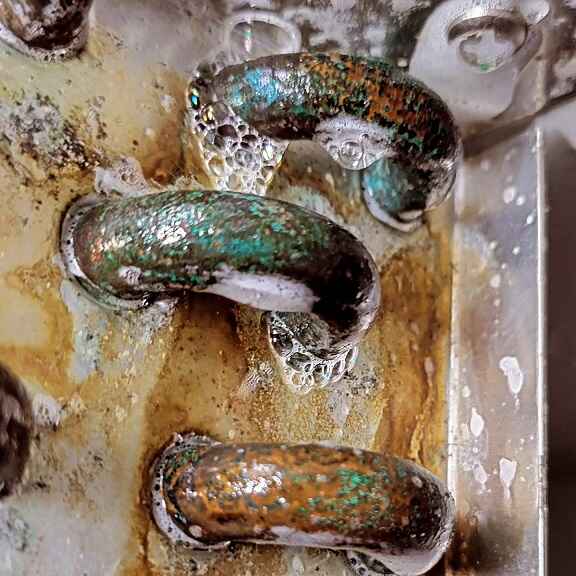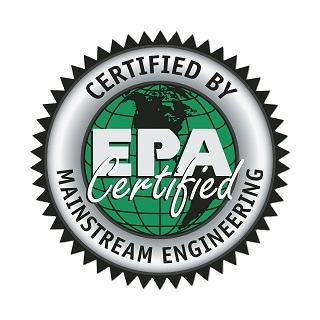Refrigerant Leaks in Domestic Refrigerators


Refrigerant leaks are a common issue in domestic refrigerators, affecting their efficiency and lifespan. Identifying and addressing these leaks is crucial for maintaining optimal cooling performance. In this article, we’ll explore the causes of refrigerant leaks, highlight the best and worst refrigerator brands regarding sealed system reliability, and provide helpful tips to manage this issue effectively.
What Are Refrigerant Leaks?
Refrigerant is the fluid responsible for absorbing heat from the interior of your refrigerator and releasing it outside. A leak can disrupt this cycle, leading to increased energy consumption, poor cooling performance, and potential damage to the compressor.
Common signs of a refrigerant leak include:
Warm air blowing from the refrigerator
Frost accumulation on evaporator coils
Increased running times and energy bills
Visible oil stains around the refrigerator's coils
Causes of Refrigerant Leaks:
Corrosion: Over time, corrosion can weaken the sealed system components.
Physical Damage: Improper handling during installation or moving can lead to punctures.
Manufacturing Defects: Some units may have inherent flaws in their sealed systems.
Brands with Notable Issues:
Frigidaire: Some models have been reported to experience refrigerant leaks due to poor quality control.
GE: Some General Electric refrigerators have faced criticism for issues related to sealed system reliability.
Maytag: Certain older models are known for sealed system issues that can lead to leaks.
Kenmore: While popular, some specific models have histories of refrigerant leaks, especially in their older lines.
Brands Known for Reliability:
Whirlpool: Generally rated highly for build quality and fewer leak incidents thanks to robust construction.
Sub-Zero: Known for their premium appliances, Sub-Zero refrigerators have a solid reputation for sealed system reliability.
Samsung: Offers modern features with solid construction, typically minimizing leak issues, but Samsung fridges have lots of different problems, most of the time related to ice makers, evaporator ice buildup, and 3-way valves, which can also be expensive to fix.
To avoid leaks, take proactive steps:
Regular Maintenance: Schedule professional inspections and maintenance to catch potential issues early.
Monitor Performance: Be vigilant about changes in temperature or unusual sounds, as these can be early signs of a leak.
Proper Placement: Ensure that the refrigerator is placed in a well-ventilated area and not overloaded, which can strain the cooling system.
What to Do If You Suspect a Leak?
Unplug the Refrigerator: This will prevent further damage and energy waste.
Contact a Professional: Reach out to an appliance repair technician who can locate and fix the leak.
Consider Warranty Options: If your refrigerator is still under warranty, check with the manufacturer regarding coverage for sealed system repairs.
Conclusion
Understanding refrigerant leaks in domestic refrigerators is essential for maintaining the efficiency and longevity of your appliance. While some brands are more prone to these issues than others, being informed can help you make wise purchasing decisions and take proper care of your refrigerator. If you suspect a refrigerant leak, acting quickly can save you time, money, and frustration. By keeping these tips in mind, you not only enhance the lifespan of your refrigerator but also ensure energy efficiency and optimal cooling for your home. Remember, a well-maintained refrigerator is a reliable one!
@aspecoappliancerepair
Services
Aspeco
Mon-Sun
8:00am - 7:00pm
Contacts
Business hours




